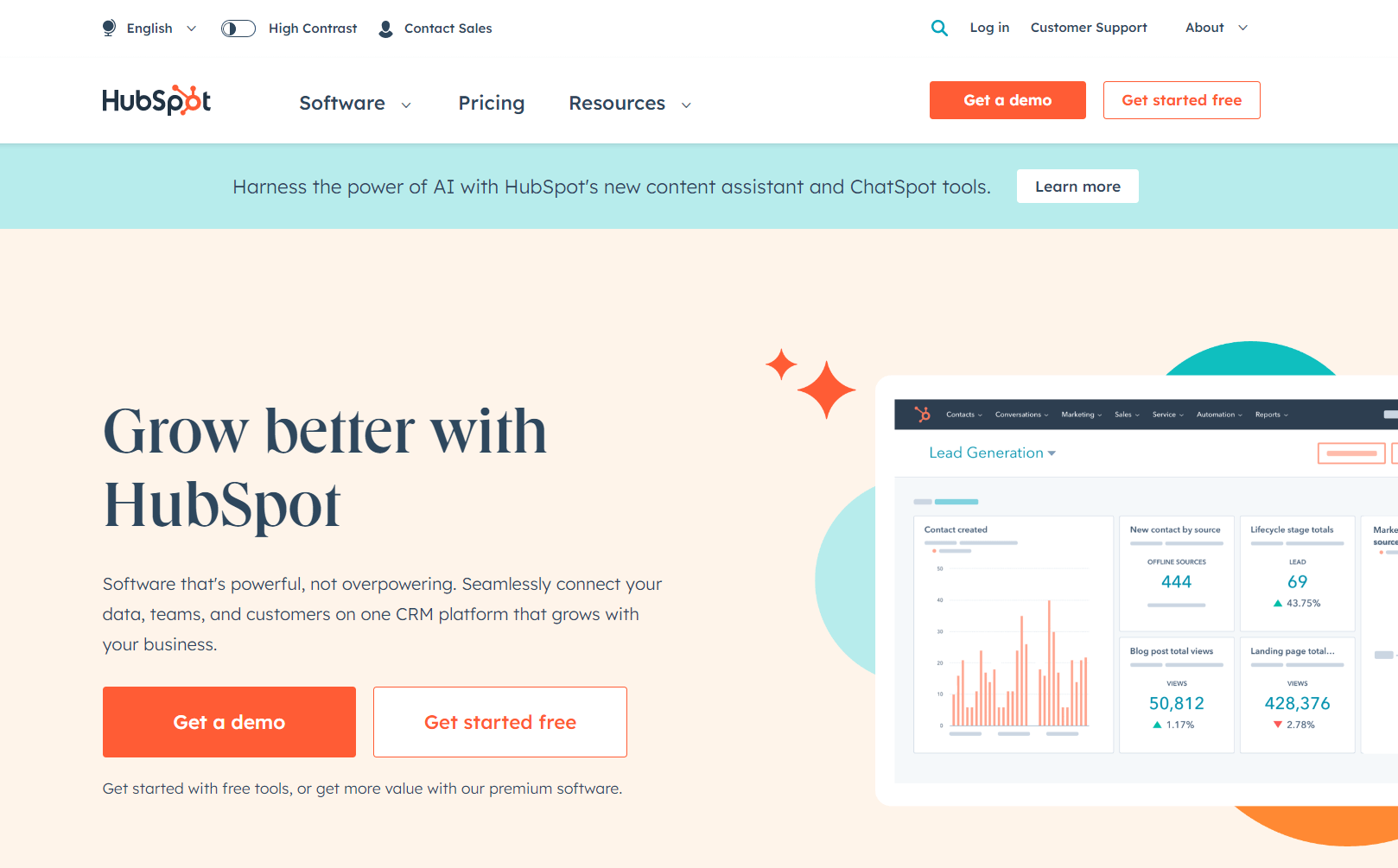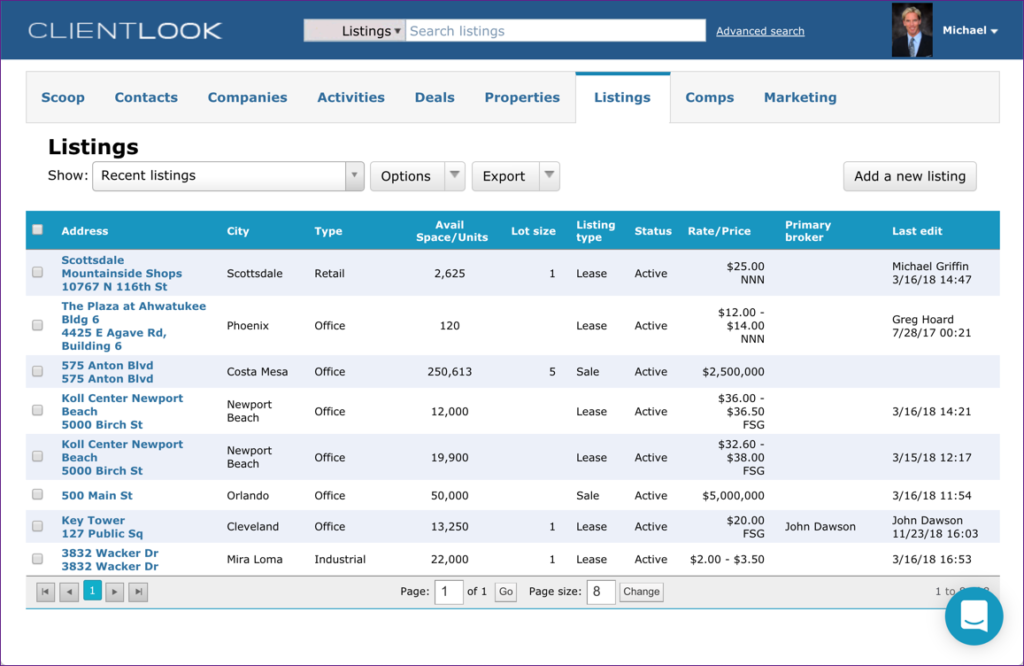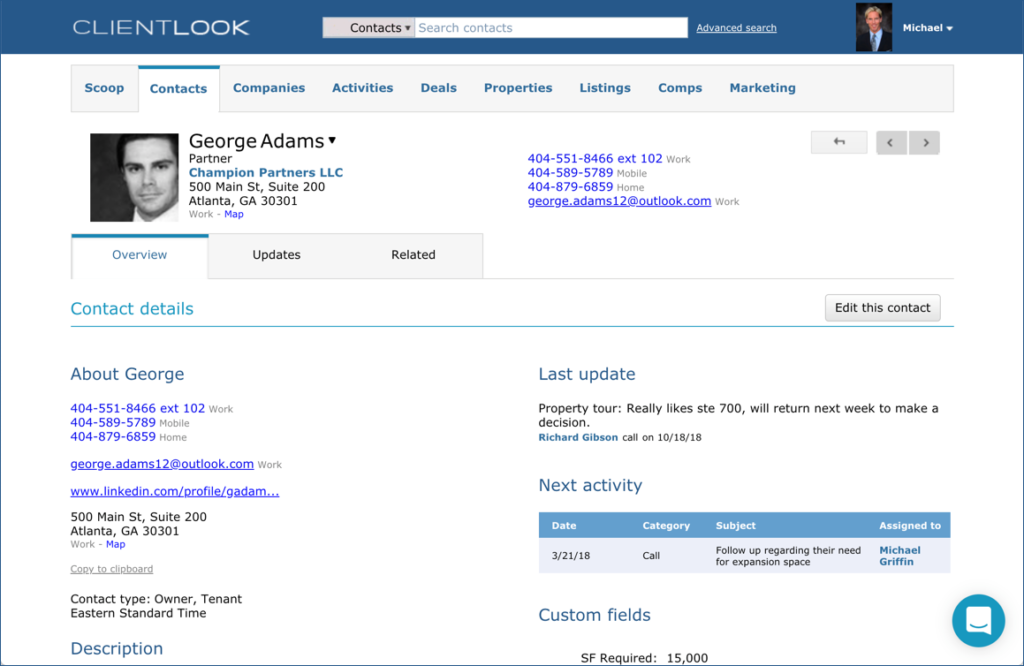Best commercial real estate CRM software revolutionizes how businesses operate in the industry, enhancing client relationships and boosting sales. Dive into the world of efficient CRM solutions tailored for real estate professionals.
Overview of Commercial Real Estate CRM Software
CRM software plays a crucial role in the commercial real estate industry by helping businesses manage client relationships, streamline sales processes, and improve overall efficiency. It enables real estate professionals to track leads, manage listings, and stay organized with client communication.
Importance of CRM Software in Commercial Real Estate
- Centralizes client information for easy access
- Automates follow-ups and reminders for better client engagement
- Tracks interactions and deals for improved decision-making
Key Features of CRM Software for Commercial Real Estate

- Property management tools for listing and tracking properties
- Contact management for organizing client information
- Reporting and analytics for evaluating business performance
Enhancing Client Relationships and Boosting Sales
- Personalized communication for better client engagement
- Automated workflows for timely follow-ups and responses
- Integration with marketing tools for targeted campaigns
Factors to Consider When Choosing the Best CRM Software
When selecting CRM software for commercial real estate, it’s essential to consider factors like scalability, integration capabilities, and customization options to ensure it meets the specific needs of the business.
Detailed Comparison of CRM Software Options

- Cost-effective solutions for small businesses
- Scalability to accommodate business growth
- Integration with third-party tools like email marketing platforms
Scalability and Integration Capabilities

- Ability to handle increasing data and client volume
- Seamless integration with existing software and tools
- Customization options for tailored workflows
Customization and User Experience
Customizable features and user-friendly interfaces are key components of CRM software that enhance the overall user experience and productivity of real estate agents.
Importance of Customizable Features, Best commercial real estate crm software
- Adaptable workflows to suit specific business needs
- Personalized dashboards for quick access to important data
- Custom fields for capturing unique information
User-Friendly Interfaces for Improved Productivity
- Intuitive design for easy navigation and use
- Mobile accessibility for on-the-go access to information
- Training and support for efficient adoption of the software
Data Management and Analytics: Best Commercial Real Estate Crm Software
Data management and analytics tools in CRM software are essential for tracking leads, evaluating performance, and making informed business decisions in the competitive real estate market.
Role of Data Management in CRM Software
- Centralized database for storing client information
- Lead tracking for monitoring sales pipelines
- Deal management for tracking transactions and progress
Significance of Analytics Tools
- Performance metrics for evaluating sales and marketing efforts
- Forecasting tools for predicting market trends
- Custom reports for analyzing business performance
Closure
In conclusion, the best commercial real estate CRM software offers a comprehensive solution for managing client interactions, data analytics, and business forecasting. Embrace the power of CRM technology to take your real estate business to new heights.
Questions Often Asked
How does CRM software benefit commercial real estate businesses?
CRM software helps in managing client relationships, tracking leads, and evaluating business performance, ultimately leading to increased sales and improved productivity.
What factors should be considered when choosing the best CRM software for commercial real estate?
Factors to consider include scalability, integration capabilities, customizable features, user-friendly interfaces, and mobile accessibility.
Why is data management important in CRM software for real estate professionals?
Data management is crucial for tracking leads, deals, and client information, as well as for analyzing business performance and forecasting trends.
